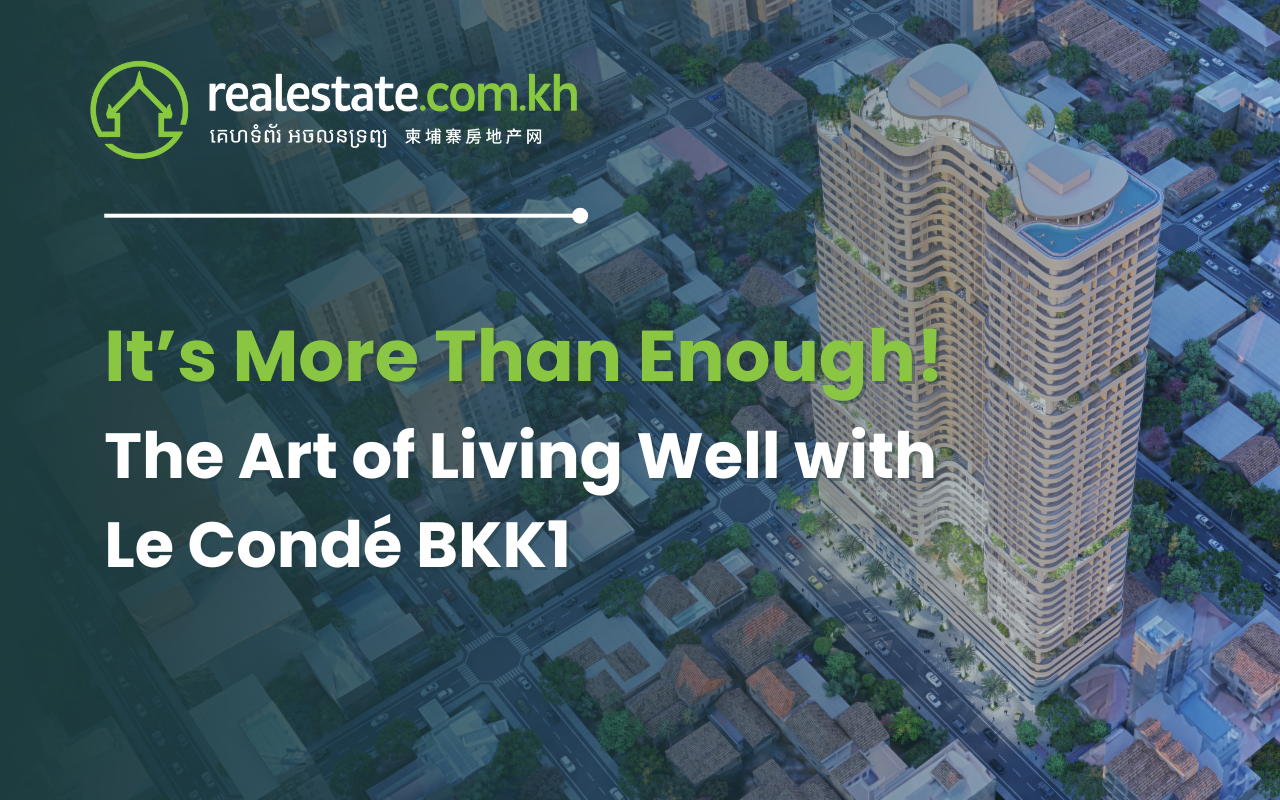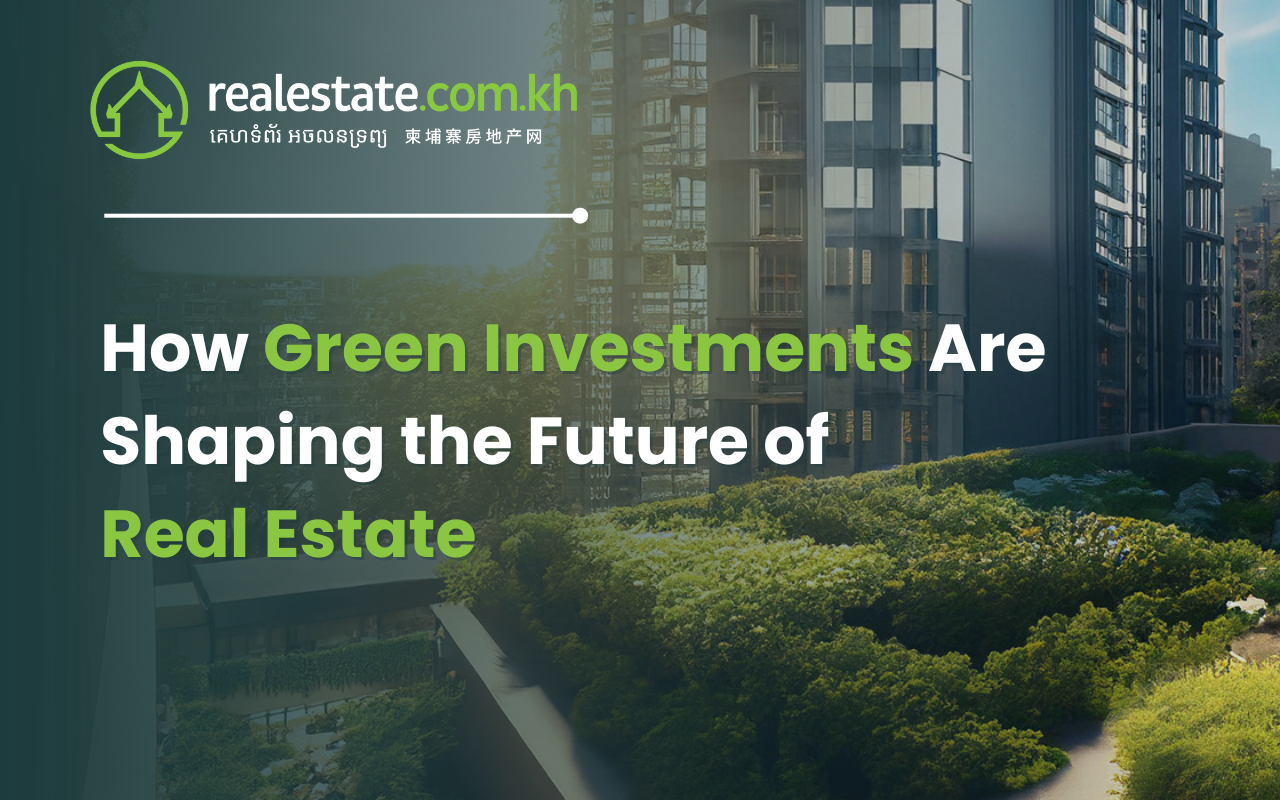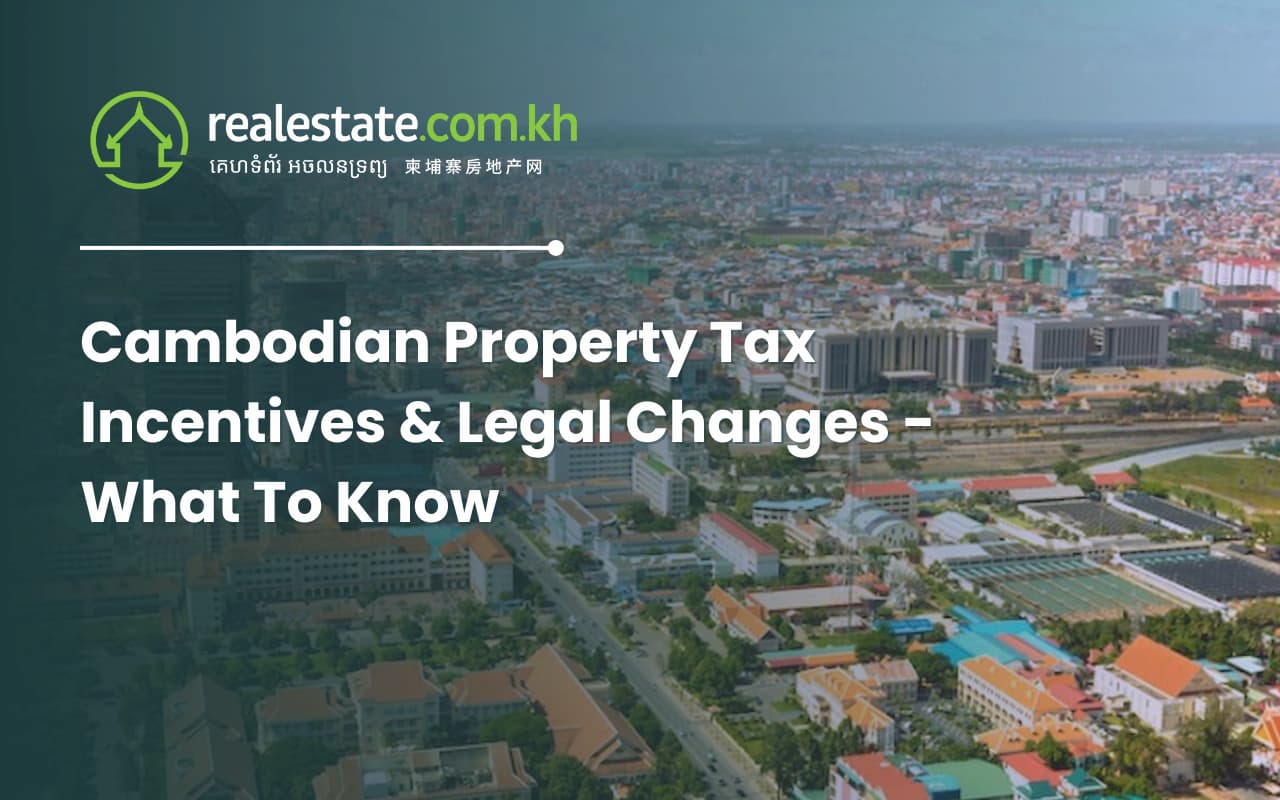Cambodia is finally entering the global mindset of property investors. And it seems that the more people learn about opportunities in the Kingdom and the progress being accomplished; the more they become interested in the possibilities of investing in property, doing business or living in the country.
But frontier market or not, Cambodia has seen significant changes that have catapulted it to its current economic position. And these changes keep coming year after year.
This is what Director of Sales of Realestate.com.kh, Vic Boyle, has implicitly expressed during his presentation at the inaugural Cambodia Property show, organized by PropertyGuru Singapore and Realestate.com.kh.
In the same presentation, Boyle explains different strategies to take advantage of the growing real estate market and financial growth of the country. While Cambodia is still a frontier market; it offers a lot of the benefits of a frontier market, with few of the normal detriments.
According to the Khmer Times, construction investments rose 40% in 2015, compared to 2014 - reaching an all-time high of $3.5 billion. Boyle says that construction has been primarily focused in the Phnom Penh area. And since the city has been at the receiving end of most construction and infrastructure projects, it is now reaping the fruits of that development.
In addition to that, 120 projects are currently under construction, 26 new condominium projects were approved last year; and a 133-storey building will rise from the ground in Phnom Penh to become the tallest building in Southeast Asia. This is expected to bring in at least another $2 billion worth of construction investment into the country.
But despite this, Boyle says, one of the concerns that Singaporean investors have is the uncertainty and potential instability of the market. Boyle suggests this is because they’ve either never been to Cambodia, or have been there around ten years ago when the landscape was totally different from what it is now.
It is now a far cry from the underdeveloped country is once was, Boyle says. Cambodia has since risen through the ranks, and is continuing to rise as fast as any country in the region.
He advises though, "If you're going to Cambodia as a property investor: do your homework, do a site inspection. Preferably, work with a company that is a reliable developer who has previous projects they have finished, be it in China, be it in Singapore - and if they have a connection with a publicly traded company that is very good."
Further strengthening his argument, he says that in 2018 there will be around 22,000 residential units coming into the market.
However, Boyle warns to stay away from Grade-A commercial spaces, which are too expensive for the local market and have an abundant supply already. He says that better investments will be the Grade-B commercial space, because there is a huge demand but a lack of supply currently.
He also warns against setting high expectations and unrealistic pricing for residential rentals. He says that typically, many investors lose money because they set rental fees at such a high value that it becomes unattainable. And since Cambodia is seeing a younger generation of working class grow, people need to realize that this is where the market is right now. An average millennial cannot afford luxurious accommodations yet. So, investors need to be aware of that, and have realistic expectations for rental returns.
So, before immersing yourself into the frontier market of Cambodia, make sure that you do appropriate research to see what types of developments are a safe bet, and which are not.
Learn more about investing in Cambodia…





Comments